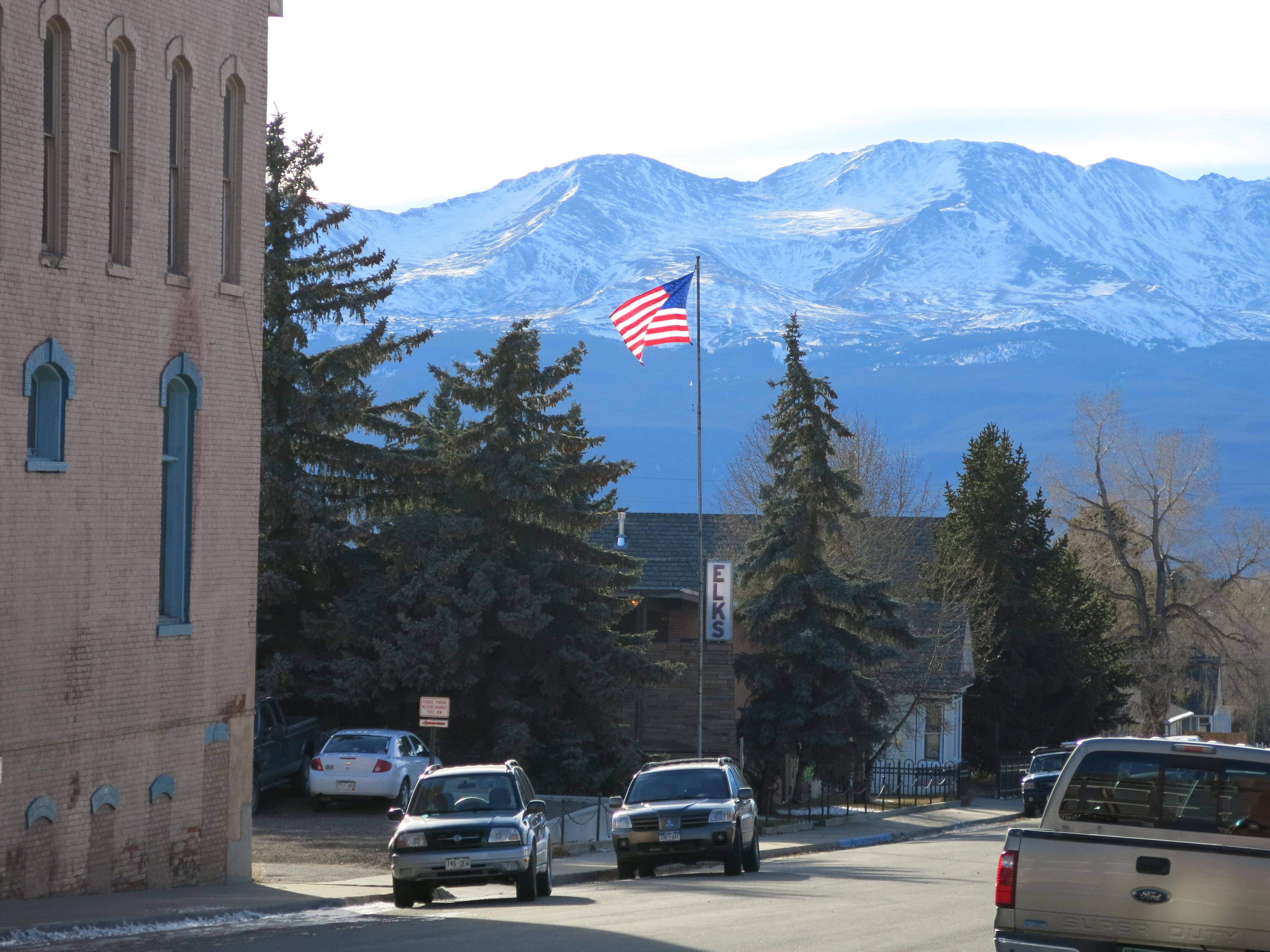
Many Coloradans, like Helen and William Gallegos of Leadville, in rural Lake County, found health insurance this year on the state’s health care exchange.
But it wasn’t an easy journey. The couple, both in their 60s, needed help from certified health coverage guide Lee Trujillo. He works for the state’s exchange, Connect for Health Colorado, and is responsible for signing up many of the state’s uninsured like the Gallegos family.
“We just help navigate folks through this whole new world of insurance," says Trujillo, who co-owns and runs a tavern on the town’s main street.
Trujillo is part of a team that helped bring down the state’s uninsured rate from 17 percent to 11 percent -- one of the biggest declines in the nation. As the federal Affordable Care Act’s second open enrollment to buy private insurance kicks off on Saturday, Trujillo and others are working to drive down the uninsured rate even more.
Support staff pays off
Helen Gallegos doesn’t qualify for Medicaid anymore because her income rose slightly to nearly $21,000 a year. “I know she’s healthy as a horse, I just wanted some insurance for her because we never know,” says William Gallegos.
But buying insurance isn’t as easy as shopping for new tires. There are all sorts of variables to consider: premiums, out of pocket costs, deductibles, tax credits. In short, Trujillo says, it’s complicated.

Despite that, he’s signed up hundreds of his neighbors for insurance. He sets up shop at partner agencies, clinics, and here at his bar.
“Because it’s such a small town, they kind of know my routine and they’ll either catch me on the way to the post office or Safeway,” Trujillo says.
According to one estimate, Lake County’s uninsured rate dropped from 23 percent to 12 percent since the Affordable Care Act went into effect this year. "We've had a lot of people sign up for Medicaid," says Colleen Nielsen, director of the Lake County Public Health Agency in Leadville.
Connect for Health Colorado employs 450 health coverage guides, like Lee Trujillo, at 54 sites. Also signing folks up, or renewing accounts, are some 1,600 insurance brokers and 220 customer service representatives at the exchange's call centers.
Statewide, Colorado has signed up more than 425,000 people who were uninsured before, according to the Colorado Department of Health Care Policy and Financing. Colorado ranks in the top five states seeing the biggest decline in the number of people who are uninsured.
New goal: Finding harder-to-reach uninsured
One goal for the coming year is to bring the uninsured rate under 10 percent. Sue Birch, the executive director of the Department of Health Care Policy and Financing, Colorado's Medicaid agency, says the focus will be on 20-somethings (the “young invincibles”) and Latinos.
“We think we can find the bulk of those folks this next go around,” says Birch.
Many of the uninsured most likely to sign up through the state exchange did so during its first year, says Gary Drews, CEO of Connect for Health Colorado. That’s why educating consumers, often through navigators, is key.
“The education effort that it takes around helping people understand the value of insurance and how it plays into your life is not something we’re taught in school," says Drews.
Connect for Health Colorado also upgraded its website for this coming year. Instead of two applications to fill out to determine if someone qualifies for Medicaid or tax credits for private insurance, there's now just one.
Issues linger
Industry watchers have their eyes on a number of issues besides coverage as the Affordable Care Act matures. Michelle Lueck, with the non-partisan, non-profit Colorado Health Institute says state officials will need to pivot from establishing the system to improving it and ensuring the workforce exists to meet the demands of thousands of new customers.
“Is it adequate? Is it quality?” Lueck says.
There are other big questions to answer. Will Colorado’s exchange be self-sustaining financially by next year as required by state law? And for William Gallegos, he questions how affordable federally mandated health insurance will be. He says now that his wife Helen has insurance they want to keep it. “As long as our premiums doesn’t keep going up, you know,” says Gallegos.
Ultimately, during their hour long discussion, the couple’s health coverage guide Lee Trujillo finds Helen a plan she can afford. It's a mid-level, or silver, plan. It will have her paying, with tax credits and cost sharing, at most $500 a year out of pocket. "I think I like that plan," says Helen.
Trujillo says he's confident the state will bring its uninsured rate lower by signing up consumers like Helen one at a time.









